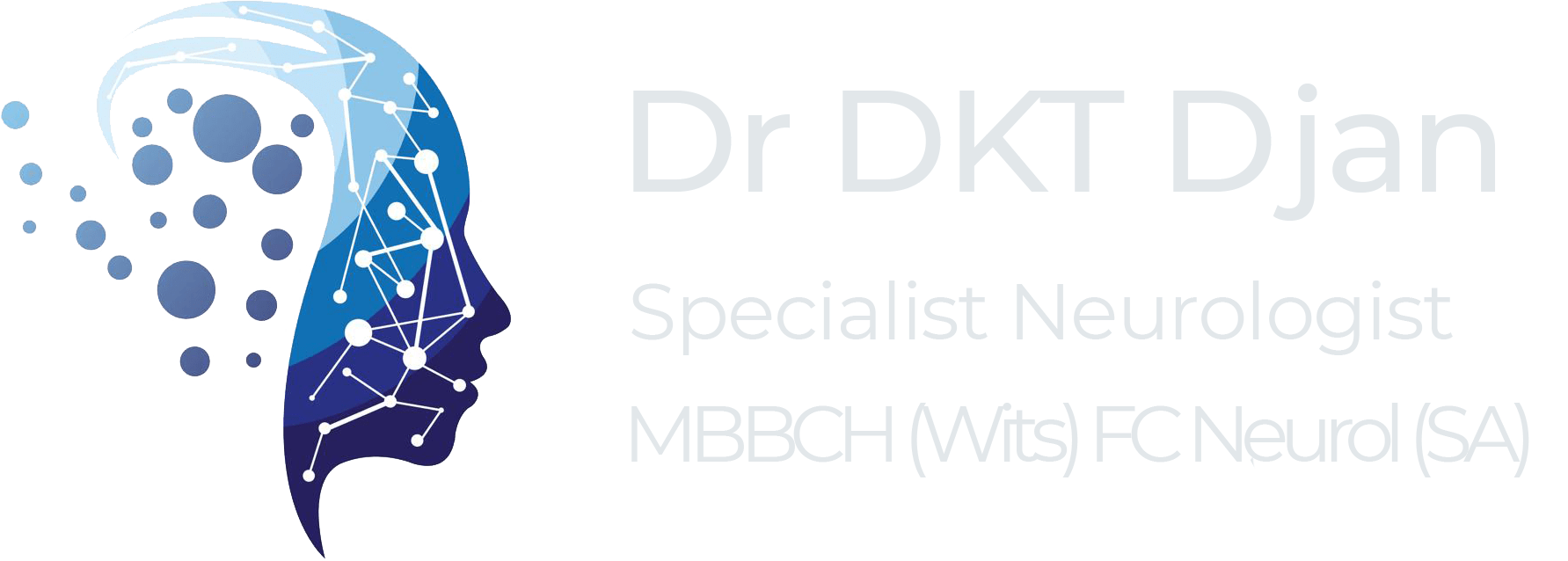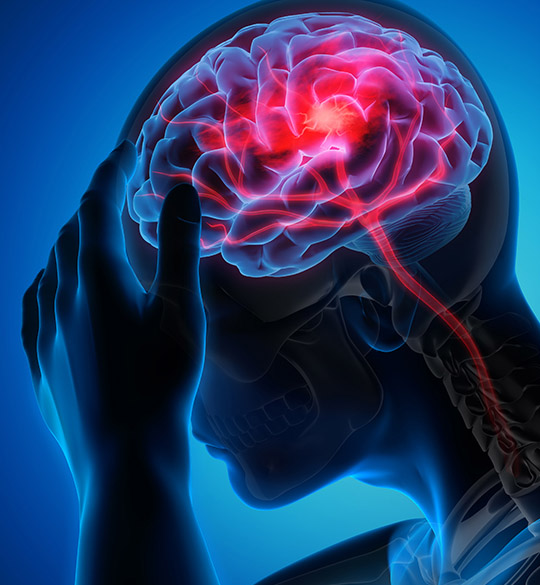

Dizziness is a sudden internal or external spinning sensation that comes in different varieties. Neurologists often treat dizziness as a symptom of vertigo or disequilibrium. Vertigo can make you feel as if you or your surroundings are spinning, and can be the symptom of an underlying condition.
From a neurological perspective, dizziness or vertigo can be a cause for concern especially when paired with the following symptoms:
These symptoms could be an indication that you are either experiencing a stroke or have suffered a pre-stroke (transient ischemic attack or TIA), or alternatively, you have an underlying neurological condition. Some common conditions include:


Benign paroxysmal positional vertigo (BPPV) is triggered by certain changes in head position, such as tipping the head up or down. It is not considered serious unless the patient is at risk of falling a lot.
People can experience dizziness, lightheadedness, unsteadiness, loss of balance and nausea.
Treatment for BPPV includes a series of head movements that allow the particles in the ears to shift.
A vestibular migraine is a nervous system issue that causes repeated dizziness in people that usually experience migraine symptoms, however they do not always cause headaches. The main symptom of a vestibular migraine is dizziness and it comes and goes.
Ménière's disease is an inner ear disorder that causes episodes of vertigo. It usually starts in one ear but can eventually occur in both. The actual cause is still unknown, but some research suggests that it could be the result of an abnormal amount of fluid in the inner ear.
Symptoms may also include hearing loss, ear ringing (tinnitus) and ear pressure. It is considered a long-term condition, but various treatments can help relieve symptoms and minimise the impact on a patient’s life.
Vestibular neuritis, or Labyrinthitis, is the inflammation of the inner ear or nerves that connect it to the brain. It is usually triggered by an infection such as a cold or the flu, and usually goes away on its own. However, medication can help to manage the symptoms.
